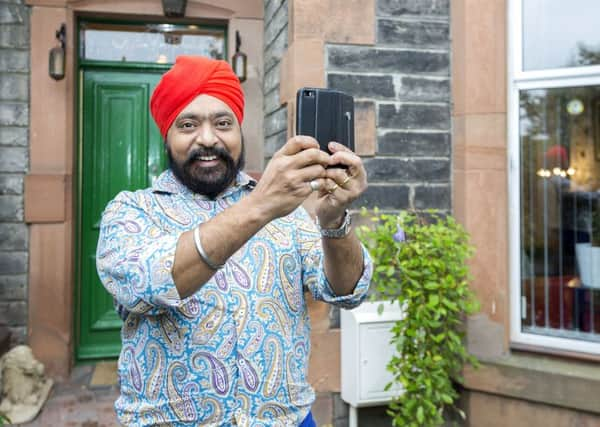The rise of live-streaming app Periscope


When protests kicked off in Istanbul’s Taksim Square in the summer of 2013, Kayvon Beykpour, who was visiting the city, turned to Twitter to get the lowdown.
Frustrated that he could only read about the demonstrations, Beykpour got to thinking: since smartphones are so prolific, why isn’t there a way to transmit video in real time?
Advertisement
Hide AdAdvertisement
Hide AdHe returned to the US, partnered with fellow tech bod Joe Bernstein and, in February the following year, Periscope was born.
An app that allows users to stream video from their mobile phones, viewers tune in and can write comments or ask questions and tap to generate little hearts that bubble up in the corner if they like what they see.
The stuff of start-up dreams, Periscope quickly attracted thousands of users - and the attention of Twitter, which acquired the app a year later.
Within five months, the founders announced they’d reached 10 million accounts and that the amount of footage watched cumulatively added up to 40 years a day - and it’s easy to see why.
The platform appeals on so many levels: the interface is simple, you can sign up via Twitter in a matter of seconds and instantly create videos without having to spend hours editing and uploading to YouTube.
Plus, Periscope appeals to the Snapchat crowd because ‘scopes’ disappear after 24 hours, so there’s no need to worry about a video from years ago hanging around or blotting your digital history.
The format suits a whole heap of genres, from travel (take a stroll through someone else’s city) to gaming (already huge on YouTube), fashion (scoping the finale of catwalk shows has become de rigueur) to toy ‘unboxing’ (another YouTube phenomenon).
The latest entrant to the Periscope world has slightly more religious aims, however.
Advertisement
Hide AdAdvertisement
Hide AdVia the @churchlive Twitter account, the Church of England will be broadcasting one service each Sunday for a year, in a bid to encourage the digital generation to get in touch with God and help those who can’t make it to mass.
They may have the consent of the congregation, but in other cases, scopers have been told to remove videos such as the TV show Game Of Thrones and high-profile sporting events that violate copyright, even though Persicope policy “prohibits the broadcast of copyright-protected material”.
No doubt other infringement issues will arise, but with millions of viewers and video-makers already on board, Persicope’s rapid success rate isn’t going to slow down any time soon.